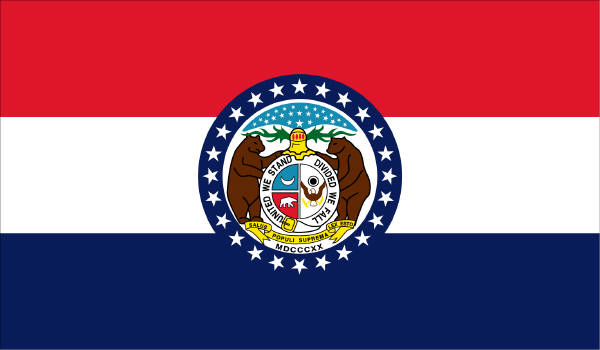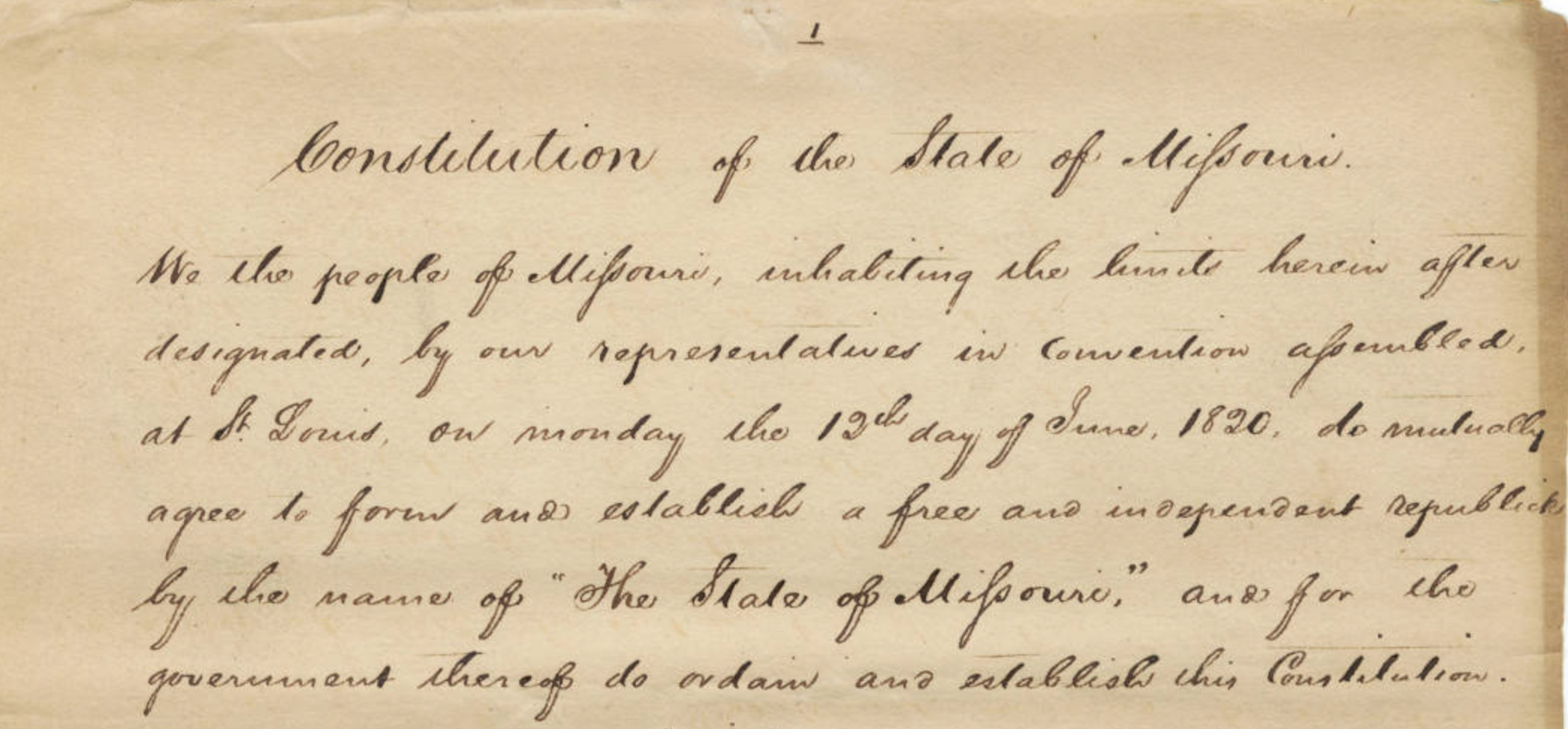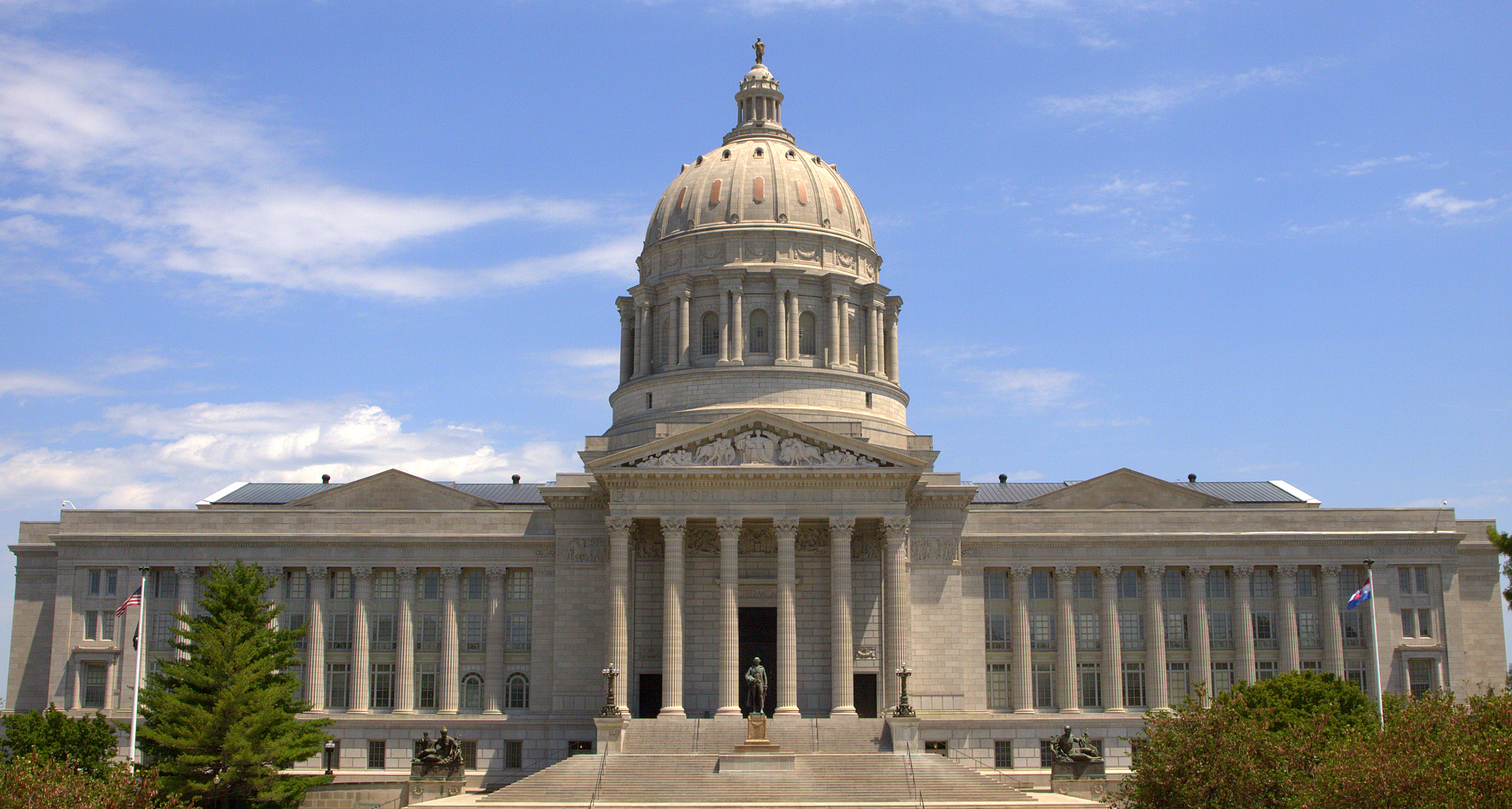Tag: missouri
-
Twenty-one candidates running in U.S. Senate primary in Missouri

Twenty-one candidates are running in the Republican Party primary for U.S. Senate in Missouri on August 2, 2022. Eric Greitens, Vicky Hartzler, and Eric Schmitt have led in media attention, endorsements, and polling. Incumbent Roy Blunt (R), who was first elected in 2010, announced on March 8, 2021, that he would not seek election to…
-
Missouri celebrates the 202nd anniversary of their first constitution

202 years ago, the first constitution of Missouri was signed on July 19, 1820. At the time that the constitution was signed, Missouri had not yet gained statehood. The territory first applied in 1817, but was unable to obtain statehood due to the debate in Congress over slavery. In 1820, Maine applied for statehood with…
-
Gov. Parson granted the fewest pardons in 2022 in June

In June, Gov. Michael Parson (R) granted nine pardons. June had the fewest pardons this year. Parson granted the highest number of pardons in February with 29 pardons. In 2022, 97 pardons have been issued in Missouri and four sentences have been commuted. The nine individuals pardoned were James Griggs, Kenneth Moss, Donald Craft Jr.,…
-
18 Missourian candidates completed Ballotpedia’s Candidate Connection survey since July 7

Below are a selection of responses from the candidates who filled out Ballotpedia’s Candidate Connection survey since July 7. To read each candidate’s full responses, click their name at the bottom of the article. Kenny Edgar is running for Missouri House of Representatives to represent District 92 and the Democratic primary is on Aug. 2.…
-
28 Missourian candidates completed Ballotpedia’s Candidate Connection survey in the first week of July

Below are a selection of responses from the candidates who filled out Ballotpedia’s Candidate Connection survey since July 1, 2022. To read each candidate’s full responses, click their name at the bottom of the article. AJ Exner is running for election to the Missouri House of Representatives to represent District 135 and the Republican primary…
-
Governor Parson signed 28 bills in June

During the month of June, Gov. Mike Parson (R) signed 28 bills into law. Below is a list of bills signed on each date. June 7: House Bill 1600, House Bill 1697, House Bill 1725, House Bill 2149, House Bill 2365, House Bill 2416, and Senate Bill 987 June 11: House Bill 2005 June 16:…
-
Missouri redistricting commission enacted new state House boundaries on January 19

The House Independent Bipartisan Citizens Commission unanimously approved new state House district boundaries on January 19. Fourteen of the commission’s 20 members were required to approve the plan. Two distinct politician commissions are responsible for state legislative redistricting in Missouri—one for the state Senate and another for the state House of Representatives. To form the…
-
Missouri Judicial Redistricting Commission enacted new state Senate boundaries in March

Missouri completed its legislative redistricting on March 15 when the state’s Judicial Redistricting Commission filed new state Senate district boundaries with the secretary of state. Two distinct politician commissions are responsible for state legislative redistricting in Missouri—one for the state Senate and another for the state House of Representatives. To form the Senate commission, the…
-
Missouri enacted new congressional boundaries in May

Missouri enacted new congressional district boundaries on May 18 when Gov. Mike Parson (R) signed them into law. According to Rudi Keller of the Missouri Independent, “No change in the partisan makeup of the Missouri delegation, currently six Republicans and two Democrats, is expected as a result of the map.” Keller also wrote, “nine counties…shifted…
-
Missouri General Assembly considered an average of 1,866 bills between 2011-2022

Between 2011 and 2022, the Missouri General Assembly considered an average of 1,866 bills and passed an average of 93 bills. The General Assembly passes an average of 5.2% of considered bills each year. In 2022, the Missouri House and Senate considered an above average number of bills (2,105), but passed the lowest number of…

